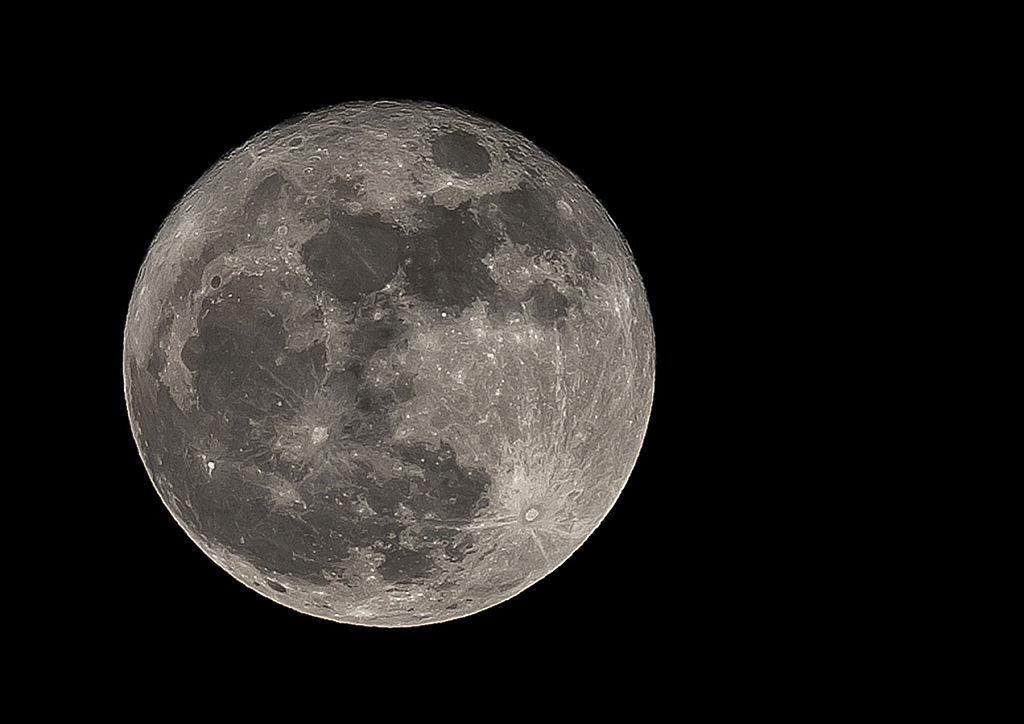Moon among more than 100 planets set to be added to solar system
New suggested definition no longer requires orbiting the sun

The Earth’s moon could be among more than 100 planets added to the solar system, according to leading scientists at Nasa.
Along with Titan and Enceladus, which orbit Saturn and Europa, and Ganymede, which orbits Jupiter, the moon has all the features of a planet.
Alan Stern, principle investigator of Nasa’s New Horizons mission to Pluto, along with five colleagues, has written a manifesto rewriting the definition of what constitutes being a planet.
One of the key changes is that worlds no longer need to be orbiting the sun to be considered planets, according to The Times.
If the proposals are accepted by the International Astronomical Union (IAU), the current eight-planet solar system could see more than 100 added to it.
“In the mind of the public, the word ‘planet’ carries a significance lacking in other words used to describe planetary bodies… many members of the public assume that alleged ‘non-planets’ cease to be interesting enough to warrant scientific exploration,” the team wrote in their manifesto.
The news comes as astronomers have discovered more than 100 new planets including one which is thought to be a “super-earth” - a planet able to support life.
A total of 114 new planets have been found, more than half of which are situated in our immediate solar neighbourhood.
The so-called “super-earth” is in the fourth-closest star system to our sun and has been named Gilese 411b.
Join our commenting forum
Join thought-provoking conversations, follow other Independent readers and see their replies
Comments
Bookmark popover
Removed from bookmarks